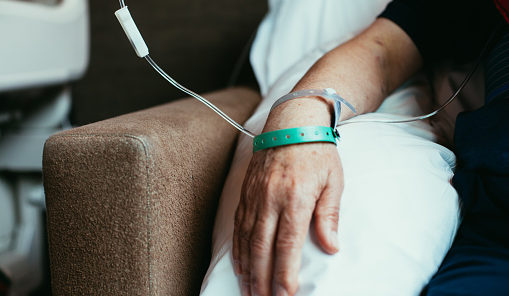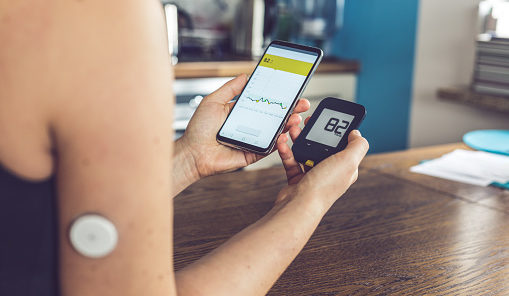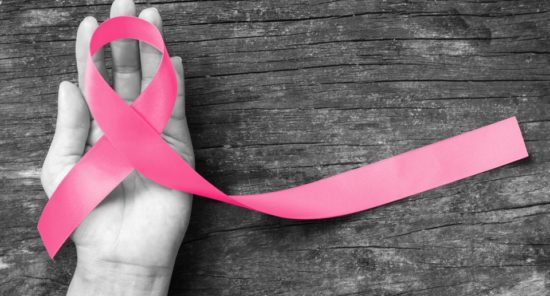The U.S. Preventative Services Task Force (USPSTF) released draft guidelines recommending that colorectal cancer (CRC) screening begin at age 45. The guidelines also include Exact Sciences’ Cologuard as a screening tool. Cologuard is an at-home option for patients to get screened for CRC. According to a study, Cologuard found 92% of CRCs.
DocWire News interviewed Paul Limburg, MD, chief medical officer, screening at Exact Sciences, about screening younger patients as well as the role that Cologuard may play in catching CRC early.
DocWire News: Why was the CRC screening age changed to 45 years?
Dr. Limburg: The draft guidelines address recent trends in CRC incidence and mortality rates, which are rising among Americans under age 50 years.
How prevalent is CRC in adults aged between 45 and 50 years?
Dr. Limburg: Between 2004 and 2015, healthcare providers diagnosed more than 130,000 cases of CRC in Americans under age 50. More than half of these cases were diagnosed at an advanced stage, stage III or stage IV, when survival rates are low.
What effects do you see the new screening age having on Americans?
Dr. Limburg: For patients and families, reducing the screening age to 45 affords a better opportunity to detect CRC, and even precancerous polyps, at a stage when treatment options can be more effective. The high visibility and strong credibility of the USPSTF guidelines will undoubtably motivate more clinicians to initiate average-risk CRC screening at age 45.
Can you explain the correlation between Cologuard and CRC screening rates?
Dr. Limburg: To date, Cologuard has been used to screen more than 4 million Americans. Availability of this noninvasive, home-based option has contributed substantially to recent progress in CRC screening rates, as evidenced by data from the National Health Interview Survey. Completion rates for Cologuard are high, likely due in part to the navigation support provided to all patients (and providers) who choose this screening approach. Importantly, all patients who have a positive Cologuard test result should go on to have a follow up colonoscopy. In one study of Medicare patients who were not up to date with CRC screening, 88% completed a Cologuard test within one year of the test order date, with 96% completing the follow up colonoscopy after a positive result.
Anything else you’d like to share?
Dr. Limburg: Given the current impact of COVID-19 on healthcare access and delivery, including an at-home option for average-risk CRC screening in the draft USPSTF guidelines has never been more important. Cologuard gives patients and clinicians a convenient, user-friendly way to get screened without delay and without having to leave home.
Credit: Original article published here.








